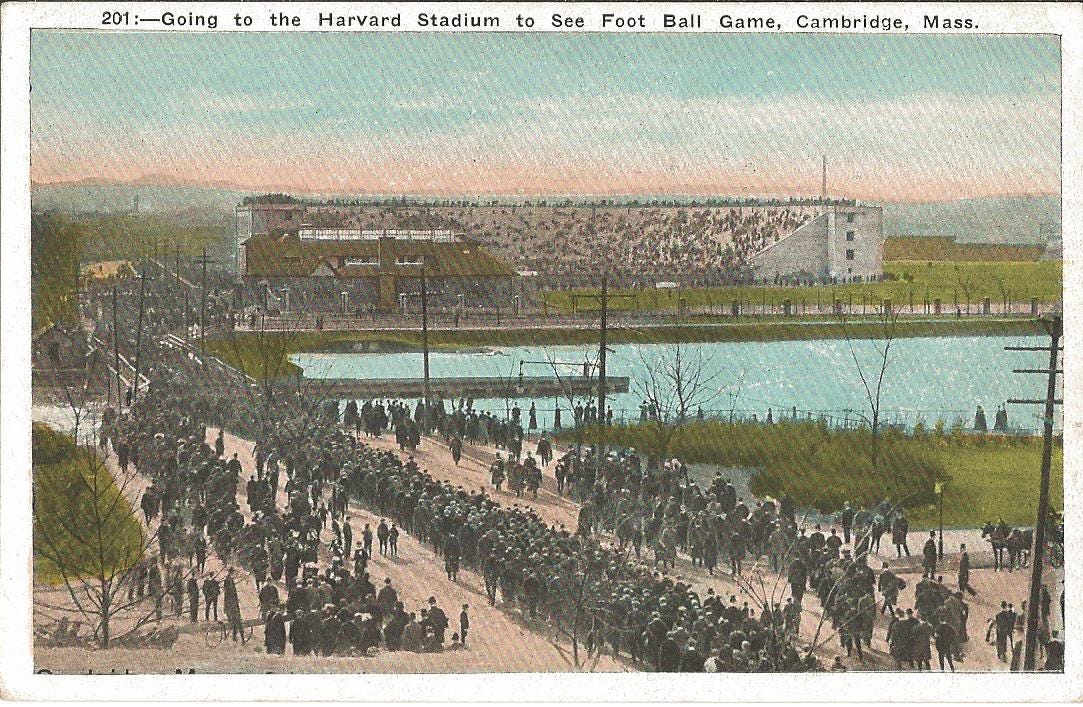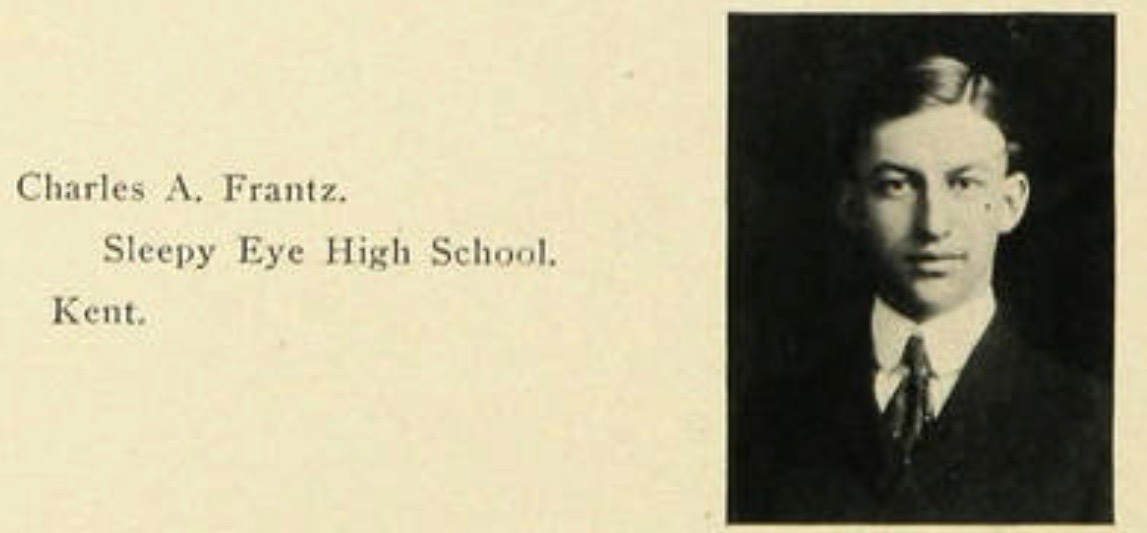Today's Tidbit... Thou Shalt Not Scalp
There were many problems with football in 1905. Newspapers nationwide tracked the deaths and injuries associated with the game, and President Roosevelt used his big stick to call for rule changes. Still, another sinister element lurked around the nation's stadiums in the form of scalpers and, worse, students scalpers.
One case involved Horace Betts Garnsey, the president of the freshmen class of medical students at Yale. As a student, Garnsey had the right to three tickets to the Harvard-Yale game being played at Harvard that year. He submitted his application and convinced two classmates to order tickets he would give to friends. Of course, the nine tickets ended up in the hands of scalpers. Upon discovering what had occurred, his classmates called for him to resign, and the faculty considered expelling Garnsey. Ultimately, Garnsey remained in school for a few months before leaving during the spring semester.

Far worse was the case of Charles A. Frantz, who was elected the rooter captain of Minnesota's law school. Minnesota's athletic association gave Frantz 244 Wisconsin game tickets to distribute to fellow law students, but he had only fifty ducats available come distribution day. Even his Gopher classmates realized things did not add up, and they quickly assembled a meeting with faculty representatives. As a result, they removed Frantz as rooting captain, and a faculty council subsequently recommended his suspension from the university for one year. In addition, his partner in crime, a part-time engineering student and native of Wisconsin, was banned from the university.
What the future held for Misters Garnsey and Frantz is unknown, but surely neither again held elective office at their respective universities.
Football Archaeology is reader-supported. Click here to buy one of my books or otherwise support the site.


